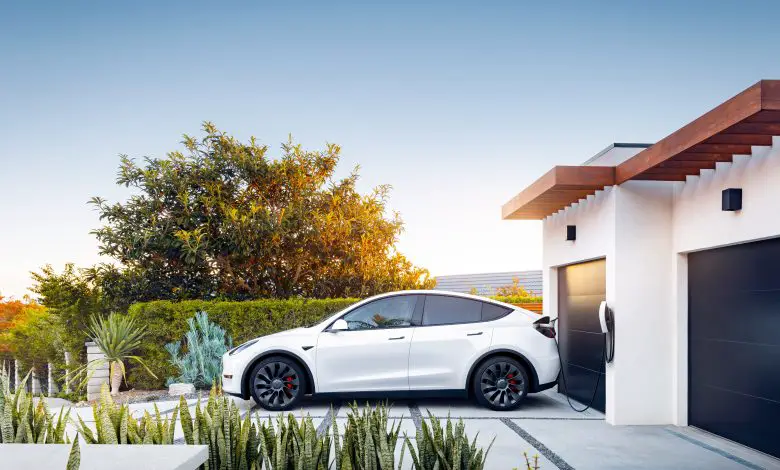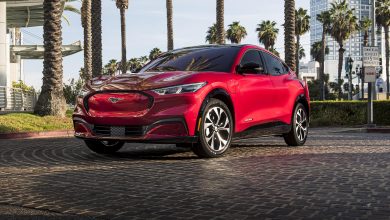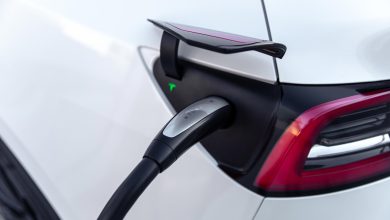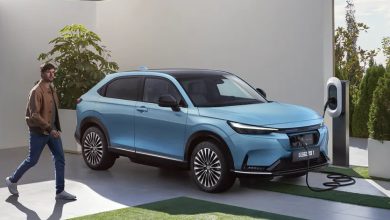
The rising demand for electric vehicles is leading to a growing queue around charging stations. To avoid the queues a lot of EV owners are installing chargers in their garages or parking spaces. Chargehound wants to make it possible for people with home EV chargers to rent them out to other EV owners for a fee.
The company which started the operations a few weeks ago said over 600 people have already signed up. According to Chargehound, the demand for the service is higher among EV owners living in shared houses or apartments who for one reason or another are restricted from installing a charging point.
Simon Griffin, the general manager of Chargehound disclosed that their internal research shows that 80% of EV users have a charge point installed at their residence. This huge figure gives those that don’t have the ability to book a time when they can charge their vehicles in one of those residential charge points.
“Our model makes it possible to book a charge point,” Griffin said. “With this model, you can avoid the situation where you go out to a public charging station only to discover a long queue.”
Griffin compares the home EV charge point sharing model to Airbnb, a global accommodation booking service that allows people to share their residents with visitors. According to Griffin, this model will help advance EV adoption in Australia as well as help to quell the age-long ‘range anxiety’ where drivers fear that they will run out of charge before they reach the next charging destination.
“The creation of more charging stations and points will make range anxiety less and less of an issue,” he said.
Chargehound is working with Parkhound
Parkhound is a platform that makes it easy for Australians to find, rent, or lease parking spaces around the nation. The company has over 50,000 parking locations spread across the country including in major cities. The platform also has over 200,000 registered drivers. Chargehound has made its services available on Parkhound.
Now, when users of Parkhound make their search, they can filter their search to see private parking spaces with EV charging facilities. Instead of trying to work out how much electricity will be required for a specific charge, the owner of the charging space will just have to add an extra fee. This is important because some EV models can take up to 20 hours to charge.
According to Griffin, the exact number of EVs on Australian roads is not clear at the moment. However, that number should be anywhere around 50,000. Chargehound and Parkhound are both properties of Spacer Technologies. In 2018, the company spread the Parkhound model to the U.S.
An increasing call for Australia to fast-track EV adoption
Australia seems to be moving at a slower pace in EV adoption compared to the United States and Europe. However, automakers like Volvo are helping to fast-track the transition. The Swedish car brand said it will stop selling gas-powered cars in Australia by 2026.
Large corporate players like BHP have also joined the call for expedited EV adoption in Australia. BHP wants Australia to adopt the ban on the sale of new gas-powered cars in Australia by 2035, which is similar to the ban adopted by the European government. In addition to that, BHP is calling on the Australian government to ensure the presence of the right facilities that will support the rising EV fleet.
In 2021, only 2% of all new car sales in Australia were EVs. This is far below the average global EV adoption. In September 2022, Tesla’s Model Y became the third most-sold vehicle in Australia. However, it slipped back to the seventeenth position in October according to data released on 4 November by the Federal Chamber of Automotive Industries.





